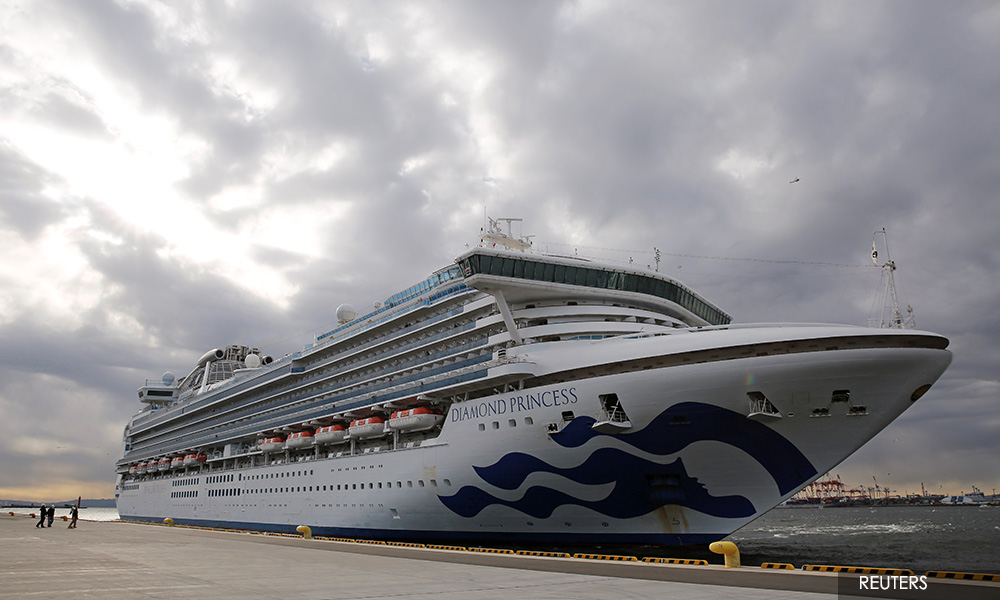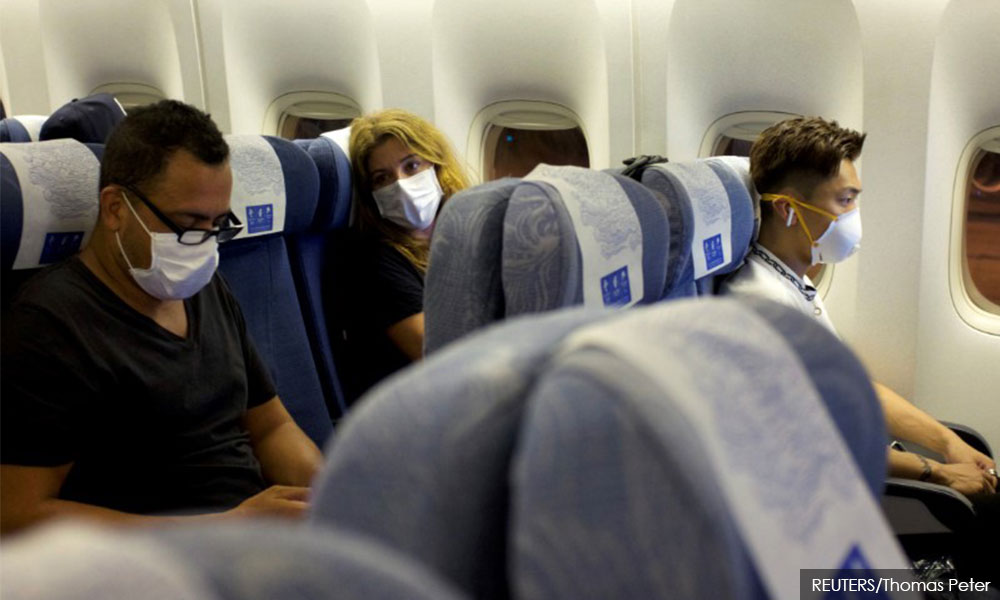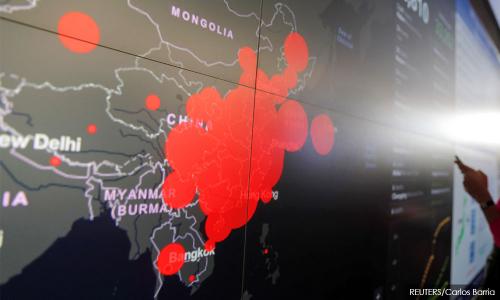Australia warns it can't stop the spread of coronavirus from overseas
Australia's chief medical officer said on Monday that it was no longer possible to completely prevent people with the coronavirus from entering the country, citing concerns about outbreaks in Japan and South Korea.
Australia, one of the first countries to put restrictions on its borders in a bid to limit the spread of the virus, confirmed its first death from the disease on Sunday.
"It is no longer possible to absolutely prevent new cases coming in," Brendan Murphy, Australia's Chief Medical Officer, told reporters in Canberra.
"We have got concerns about Japan and South Korea. They are working hard to control their outbreaks but we are still concerned that people in those countries and other high-risk countries may present with an infection."
The chief medical officer's comments came as Australian officials confirmed the country's 30th case of coronavirus, a 40-year old man who arrived in Australia's second most populated city, Melbourne from Iran. He later travelled to Tasmania.
Meanwhile, Australia named the 78-year old man who became the country's first person to die from coronavirus as James Kwan.

He was a passenger on the Diamond Princess ship that was held off Japan's coast for weeks. Kwan and his wife, who also has the virus, were transferred back to Australia for treatment.
Australia barred entry from Feb 1 to any foreigners who had travelled through China in the two weeks prior to arriving in Australia.
It extended that ban to Iran on Sunday. Both bans are in force until at least March 7. Australian citizens and permanent residents are exempted.
China, the epicentre of the outbreak, retains the bulk of the infections with more than 86,500 cases. However, it has since spread to 53 countries, with more than 6,500 cases and more than 100 deaths.
The majority of the deaths outside of China have come from outbreaks in recent days in South Korea, Italy and Iran.

Murphy said travel bans were "a way of slowing things down" as he urged any Australians returning from Italy or South Korea who work in the healthcare sector to self-quarantine for two weeks.
However, he said the outbreaks in Italy and South Korea, while large, were confined and localised, meaning that further travel bans to Australia were not necessary.
Thousands of Chinese visitors and students have been barred from entering Australia, damaging the country's important tourism and education sectors at a critical time for the country's A$2 trillion (1.1 trillion pounds) economy.
Some economists have warned that economic growth could reverse in the current quarter if the epidemic becomes a pandemic, threatening the country's almost three-decade-long period of recession-free expansion. - Reuters
RM12.50 / month
- Unlimited access to award-winning journalism
- Comment and share your opinions on all our articles
- Gift interesting stories to your friends
- Tax deductable

